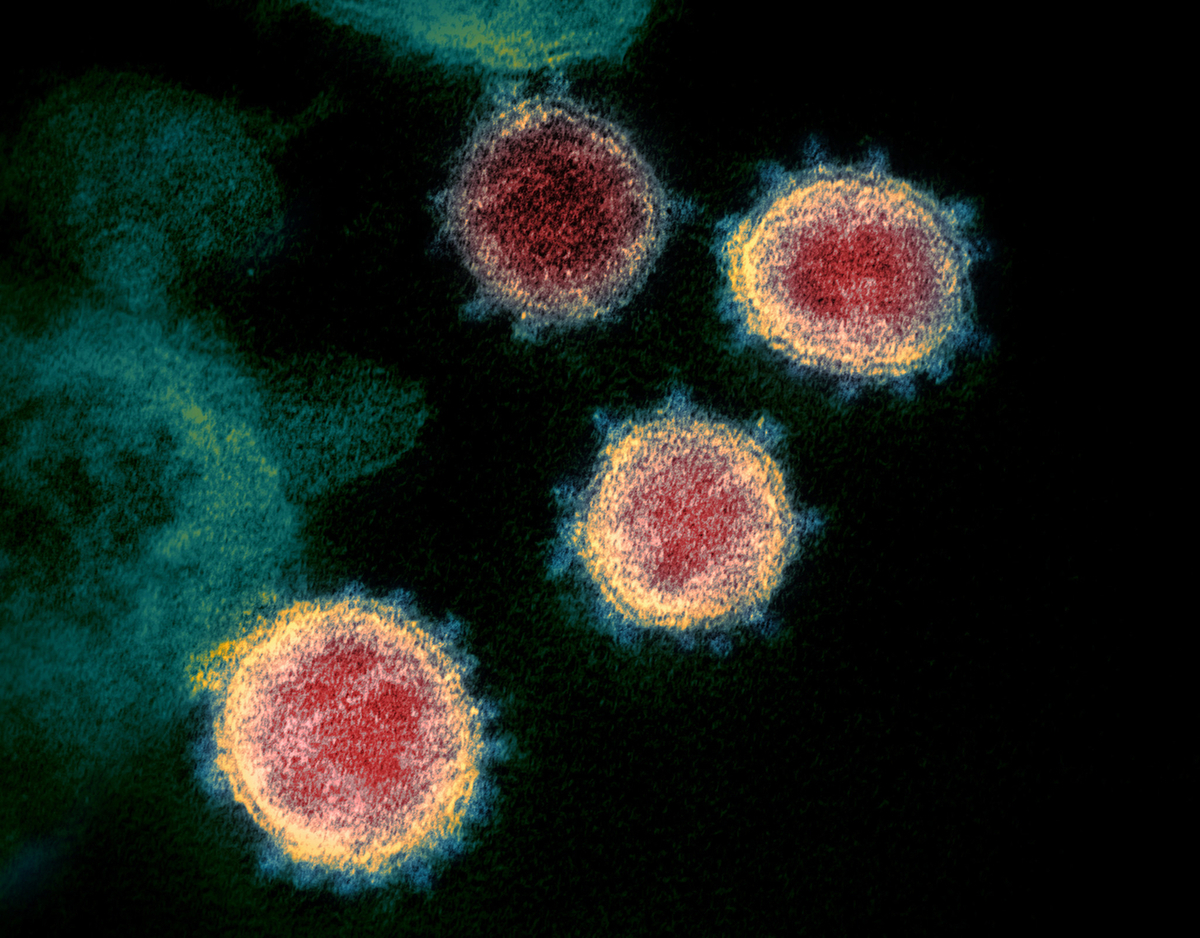The results of a new study conducted by scientists at deCODE genetics, the University of Iceland, and Landspítali University Hospital in collaboration with Iceland's Directorate of Health suggest that roughly 0.8% of the Icelandic population is infected with the SARS-Cov-2-virus causing COVID-19 disease. This supports the concern that asymptomatic carriers spread the disease. The results were published in the New England Journal of Medicine on 14 April.
The study is based on the population screening for the virus organized by the Icelandic health authorities and deCODE genetics since the middle of March. By April 1, 10,797 volunteers had been screened in this effort, with 87 (0.8%) testing positive. A slightly lower percentage of infected individuals were found among the additional 2,283 randomly selected individuals who were screened. The results show that 43% of individuals who tested positive were asymptomatic at the time but developed symptoms at a later stage in the progress of the disease.
Children under 10 and women were found to be less susceptible to SARS-Cov-2 infection than young people, adults or men. This is in accordance with other research that has been conducted on the virus. It is still unknown whether women and children have been in less contact with the virus than other groups, or whether they have a more natural tolerance to it.
In the announcement from deCODE genetics on the publication of the article in the New England Journal of Medicine it says that "the aim of the study was to provide as comprehensive a view as possible of how the virus spreads in a population in this case one of 360,000 and implementing early and aggressive testing, tracking and isolation measures to contain the epidemic."
This suggests, according to the authors, that while the efforts of the public health system have been effective so far in mitigating the spread to date, more data, including massive population screening, will be key to informing efforts to contain the virus in Iceland in the long run.
The study also included a genealogical tree of the various mutations as well as identifying the origin first infections They were traced to Italy and Austria carried to Iceland by individuals returning home from ski resorts. However, in the cases identified in the more recent targeted testing showed that the virus entered Iceland from many countries including those that were then deemed low-risk.
In the announcement from deCODE genetics it says that the researchers found 130 mutations that have not been identified elsewhere.
A large group of scientists is involved in the study from deCODE genetics, the University of Iceland, and Landspítali University Hospital in collaboration with Iceland's Directorate of Health. The research scientists from the University of Iceland work at three of the five University Schools.
The full article can be found on the website of New England Journal of Medicine.




